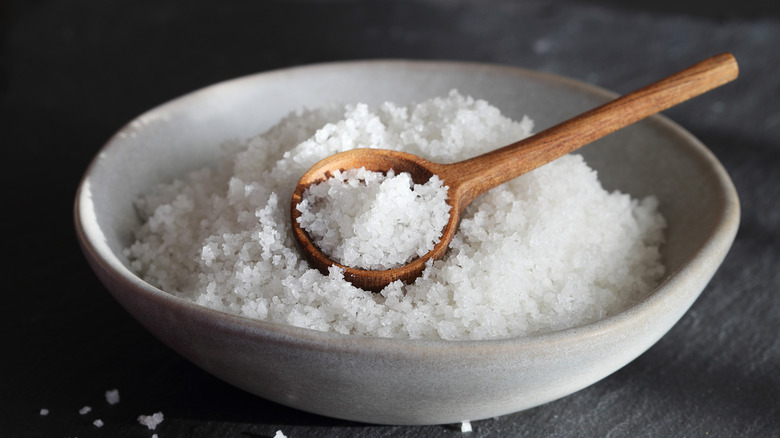In this age, salt is primarily associated with cooking. It enhances the flavor of our meals and, occasionally, is added to warm water for drinking due to its purported health benefits. However, salt has a rich history that extends far beyond its culinary uses. In ancient times, salt was so valuable that it served as a medium of exchange and even as a means of paying salaries. Let’s delve into the fascinating history of salt and discover its powerful significance in human civilization.
The History of Salt
1. Salt as a Currency: The term “salary” originates from the Latin word *salarium*, which refers to the payment made to Roman soldiers in salt. In ancient Rome, salt was a prized commodity, essential for preserving food and maintaining health. Soldiers were sometimes paid in salt or given allowances to purchase it, underscoring its immense value.
2. Salt in Trade: Across Africa, Asia, and Europe, salt was a critical trade item. The trans-Saharan trade routes were often referred to as the “salt roads” because salt was exchanged for gold, ivory, and slaves. Timbuktu, a major trading hub, thrived largely because of the salt trade.
3. Salt and Civilization: Salt played a significant role in the establishment of early civilizations. It enabled food preservation, allowing communities to store food for longer periods and sustain populations. Rivers, lakes, and mines rich in salt often attracted settlers and gave rise to flourishing cities.
4. Symbolism of Salt: Salt was not just a commodity but also held symbolic meaning. It was used in religious ceremonies, treaties, and rituals as a sign of purity, loyalty, and trust. In many cultures, sharing salt symbolized friendship and peace.
The Power of Salt
Salt’s importance is not just historical. It continues to play a vital role in modern life:
1. Health Benefits: Salt regulates fluid balance, supports nerve and muscle function, and plays a crucial role in hydration. While excessive intake is harmful, moderate consumption is essential for good health.
2. Industrial Uses: Beyond cooking, salt is used in various industries, including chemical manufacturing, leather tanning, and water purification. It is also critical in de-icing roads during winter.
3. Cultural Practices: Many cultures use salt in traditional practices, such as warding off evil spirits or as a symbol of blessings during weddings and other ceremonies.
Beyond Cooking:
The Great Value of Salt Salt is much more than a seasoning for food. It has been a cornerstone of human development, shaping economies, cultures, and histories. Today, while its use in cooking remains predominant, salt continues to be a source of nourishment, health, and cultural significance. As we sprinkle salt on our meals, let us remember its powerful legacy and the vital role it continues to play in our lives. Beyond cooking, salt is indeed a great source of sustenance, tradition, and connection for humanity.

